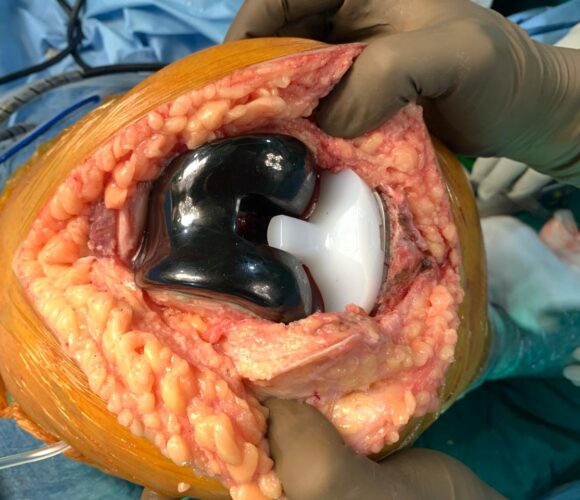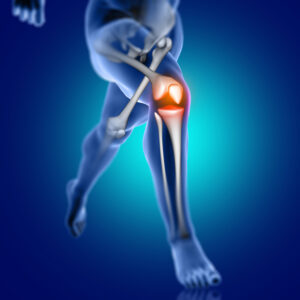Dr. Preetesh Choudhary Best Knee Replacement Surgeon in Indore
Knee Replacement Surgery
Advanced or end-stage arthritis is treated by knee replacement surgery. Surgery for a knee is recommended when the patient experiences such intense pain in their knee that it interferes with their ability to carry out everyday activities as usual. Daily tasks like walking and climbing stairs could become challenging, depending on the extent of the damage. As the degradation worsens, bow-legged abnormalities and odd knee noises (crepitus) could be increasingly obvious.
The goal of replacement surgery is to restore any lost bone structure or ligament support, as well as any damaged cartilage or gliding surface
Struggling with debilitating knee pain? Dr. Preetesh Choudary, the best knee replacement surgeon in Indore, at MLs Clinic offers lasting relief. Discover personalized knee pain treatment options, knee surgeon reviews, and cost estimates. Schedule your consultation today and reclaim your active life!

What is Knee Replacement Surgery?
Surgery involves the removal and substitution of damaged portions of the knee joint with artificial implants. Its primary aim is to alleviate knee pain and stiffness typically stemming from osteoarthritis.
Individuals undergoing this procedure typically suffer from advanced knee arthritis, characterized by the deterioration of knee cartilage and the development of a rough, uneven knee surface. This deterioration leads to symptoms such as pain, knee stiffness, instability, and changes in body alignment. Additionally, this surgery may benefit individuals with a weakened knee joint due to injury or other underlying conditions.
Types of Knee Surgery-
There are mostly two kinds:
- Total Knee Replacement, in which man-made surfaces are used to replace the whole joint
- Partial Knee Replacement, in which the injured knee compartment is replaced only partially
Of the above two surgeries mentioned, the Total Knee Replacement is the most common.
Indications for Knee Surgery:
Following are the signs that should not be avoided:
- Persistent, intense knee pain lasting throughout the day in the knee and its vicinity, or in adjacent areas like the hip or ankle, significantly affecting daily functioning even during periods of rest.
- Persistent knee swelling and inflammation are unresponsive to medication.
- Knee stiffness and limited mobility.
- Deformation of the leg is characterized by bowing.
- Lack of pain relief from non-surgical, non-steroidal anti-inflammatory drugs.
- Challenges in performing routine activities such as stair climbing.
- Sleep disturbances due to knee discomfort.
Benefits of Knee Surgery:
Enhanced mobility and stability achieved through the expertise of an Orthopedic surgeon, Dr. Preetesh Choudhary, can enable a return to previous enjoyable activities following an injury.
Another significant, enduring advantage offered by an artificial joint is the potential for an improved quality of life. Knee surgery can alleviate pain while enhancing mobility, leading to increased freedom of movement. This improvement is also expected to positively impact mental health and overall well-being.
Post Knee surgery problems
The knee surgery can have problems, like:
- Bleeding
- Getting infected
- Blood clots in legs or lungs
- The artificial knee may loosen or wear out
- Breaking a bone
- Still feeling pain or knee stiffness
- The new knee might not work right, get loose, or need replacing later
- Nerves or blood vessels might get hurt, causing weakness or numbness
- Surgery might not stop the joint pain
If you’re suffering from knee pain or knee stiffness, it’s time to take action. Dr. Preetesh Choudhary, the best orthopedic surgeon offers expert care to help you find relief. Don’t let knee pain hold you back—schedule a consultation at MLs Clinic today to discuss your options for Joint Replacement Surgery and regain your mobility and quality of life!